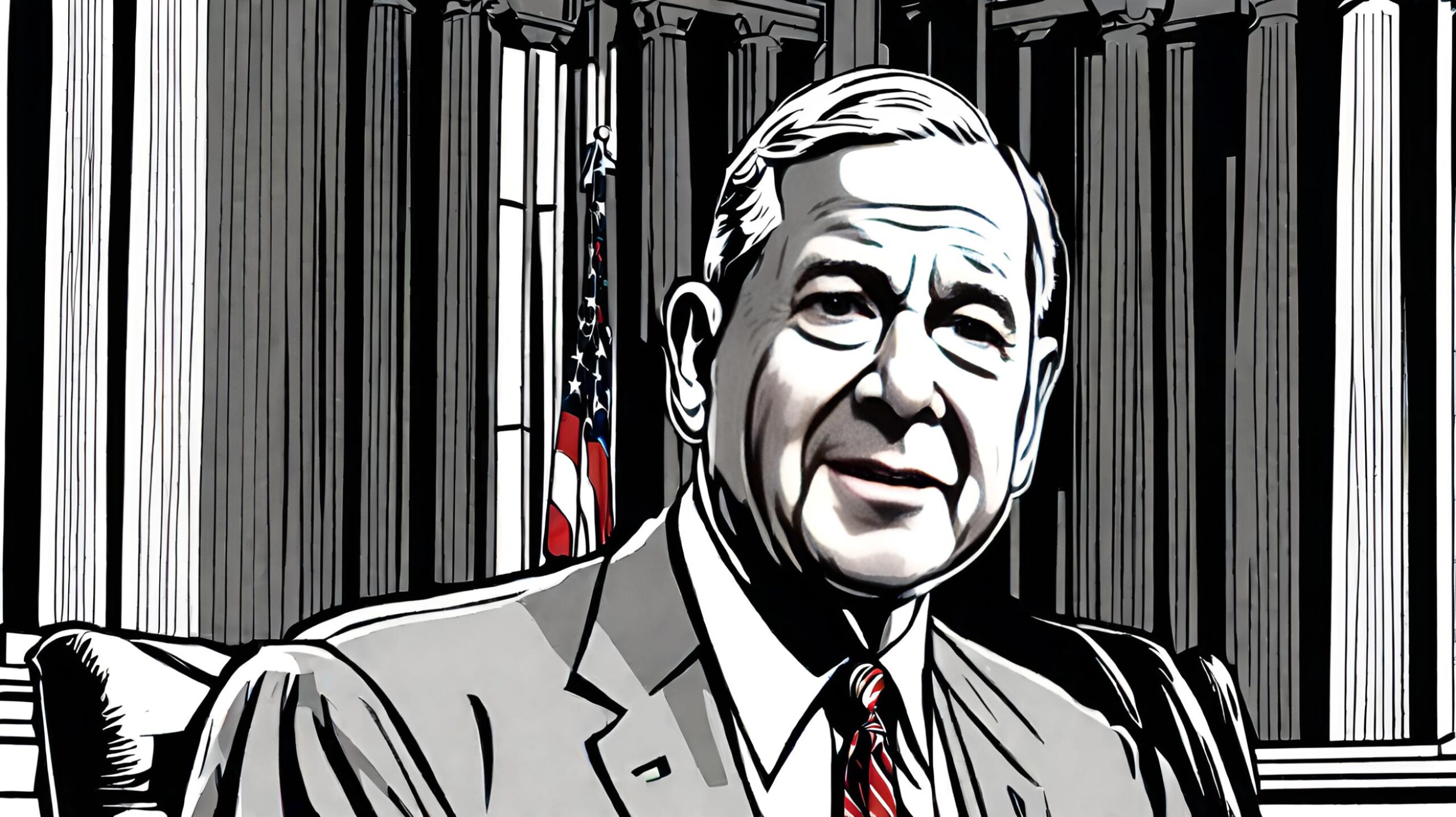Flashback to December 8
American History

In the sultry summer of 1965, vivid history was marked in the city of Los Angeles, California, specifically in the Watts section. On the date of August 11, the community witnessed the start of an uprising that lasted six days, now ominously remembered as the Watts Insurrection. This article delves into the events that unfolded during that time while subtly highlighting the unequal social conditions that fuelled that uprising.
The setting for the Watts Insurrection of 1965 was a densely populated neighborhood in South Los Angeles, known as Watts. Predominantly African-American, the community experienced a manifestation of the nationwide civil rights struggle at its doorstep on August 11, 1965. A routine traffic stop for drunk driving escalated, engaging the residents of Watts in a massive uprising that disrupted the city’s peace and stability. The Watts Riots, or Watts Rebellion or Watts Uprising as it’s sometimes referred to, captured the nation’s attention, shedding light on the social disparities deeply embedded in American society.
Racial tension and a lack of trust in authorities ignited the flame of rebellion in the hearts of Watts residents. The lack of quality education, limited job opportunities, and inadequate housing facilities were some of the existing social issues contributing to heated racial economic disparity and societal imbalance in the area. Fueled by these injustices, the six-day Watts Insurrection became an outpouring of accumulated public distress, and this uprising was a significant landmark in the civil rights movement’s journey.
The six-day uprising in Watts left its mark in the pages of history, forever sketching the narrative of social injustice and civil rights in America. It erupted with a spontaneous, collective rage bursting forth over the existing societal imbalances and injustices. Neighborhoods echoed with cries for justice and freedom, resulting in violent demonstrations and confrontations between police and the population.
The images of flaming buildings and the echoes of chaos during the Watts Insurrection continue to reverberate within the collective consciousness of Los Angeles’ African American communities. The damage was severe, with several casualties and arrests, as well as major property destruction and disillusionment in a society that was yet to fully comprehend the depth of its own racial bias and socioeconomic disparity. However, the uprising also set the stage for significant change, acting as both a catalyst and symbol for the furthering of civil rights and racial equality reforms in and beyond the city boundaries.
The events of the Watts Insurrection brought national attention to the pressing concerns of racial discrimination, economic disparities, and social injustices prevalent in the United States. In response to the uprising, governmental authorities and organizations undertook a serious review and reevaluation of their existing policies. The cries from Watts reached the ears of national and state leaders, leading to necessary efforts to address and rectify the glaring inequities.
The Watts Insurrection remains a talking point in America’s dialogue on race, social justice, and civil rights. It continues to influence and resonate within conversations on racial equality, community development, and social justice reforms. The landmark event from over half a century ago stands as a narrative reminder of our nation’s struggle for equality and justice, fueling the continued quest for social, economic, and political parity.
The uprising in Watts on August 11, 1965, stands as a significant chapter in the Civil Rights Movement. It was a call for change heard around the nation, leading to significant reforms in the fight against racial inequalities. Today, as we walk down the streets of Watts, the echoes of the past remind us of the fight for justice that marked these grounds over five decades ago. In turn, these echoes motivate ongoing efforts to further equality and justice across the nation.
We strive for accuracy. If you see something that doesn't look right, click here to contact us!
Sponsored Content

US House Democrats select…
"US House Democrats marked…

Demanding an end to…
On December 8, 1982,…

